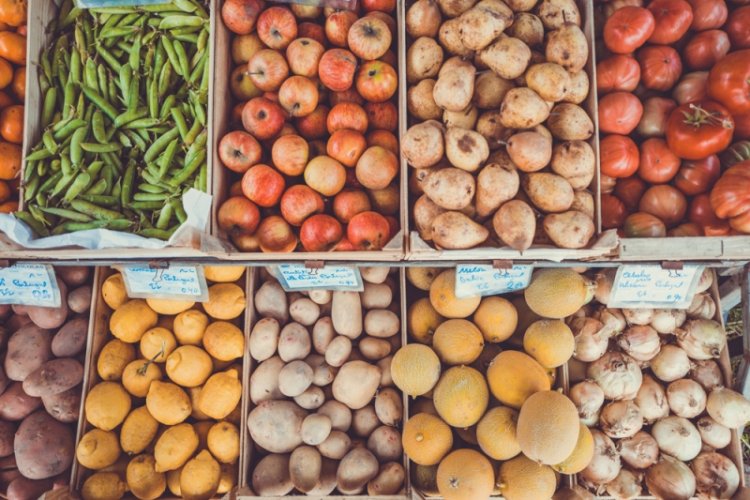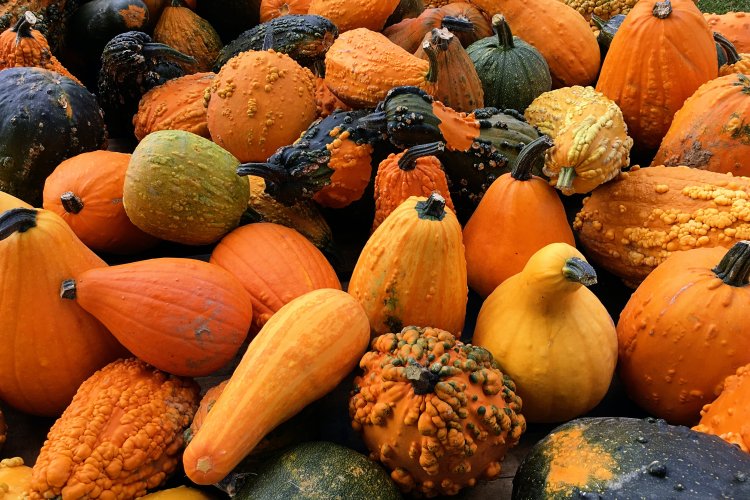Slow Food Saturday: A Farmer's Food Philosophy
Tian Xian Old Chinese Scholar Tree Restaurant is a simple courtyard restaurant in Tian Xian Yu village, under the shadow of the Great Wall. The proprietors are Ge Haojin and his wife, who have lived most of their lives in this village. It is Ge’s vivid interest in food that led to their opening this restaurant, open since 2000. Ge is passionate about local flavors and local foods. According to him, eating locally and naturally is not only nutritious, it is makes you healthier and more beautiful. In his philosophy, if the food you eat is all natural and fresh, it follows it will be beneficial to your health.
Ge grows vegetables and raises chickens across the street from his restaurant. No fertilizers or pesticides are used, so Ge knows “there is nothing bad going into the soil and it’s all natural and I pick the vegetables when they are at their best.” A tour of his gardens proves his point that “a little space and a little sun can get you the ingredients you need.” Indeed, his “farm” is a modest plot of dirt within a courtyard of a demolished house. It’s not glamorous, but it gets the job done, and indeed, between the wood scraps and abandoned bricks, he revealed a wealth of eggplants, greens and tomatoes. Being a locavore is also about taste. Ge kills his own chickens, and swears fresh meat is the best, as chickens from the market have a strange taste. Equally adamant about eggs, he swears the difference between the daily eggs laid by his chickens and the market’s is apparent as soon as you crack the shell.
In his opinion, local food must incorporate local culture and customs. So, above and beyond eating locally, he uses medicinal ingredients from the area in his dishes – not only do they add the local flavor he loves, they are good for you. For example, he includes ground bee pollen from the village in his tiebing. Bee pollen is a “superfood,” high in vitamins and antioxidants, and give his tiebing a special, local flavor. Ge also displayed his box of dried Chinese medicinal herbs. As he explained, he always puts some combination in his soups, and often sprinkles the ground-up roots in various dishes. When his customers have minor ailments, such as headaches, stomachaches, or general lethargy, he uses these natural herbs and local ingredients to heal. In his mind, eating healthy and using locally available remedies is the best way to stay well – it is about fostering a healthy lifestyle, not merely curing the symptoms of a sickness after it develops.
This villager, without knowing it, has developed a food philosophy that is very much on par with the global slow food trend, and Ge even takes it a step further by using Chinese medicine in cooking. It is fascinating to hear this humble chef/farmer talk about food and his farm, and what he is trying to do in his restaurant. On Slow Food Saturday, Ge’s restaurant will serve green onion pancake with yesuzi (elsholtzia) an herb used in traditional Chinese medicine that has “warm” properties, and can resolve dampness and harmonize the spleen and stomach. It’s used to treat chills, fevers, headaches and abdominal pains. But that’s just the perk – I bet the pancakes themselves will be delicious.
Slow Food Saturday is an event to be held at the villages of Mutianyu on September 4, and is cohosted by The Schoolhouse at Mutianyu and Slow Food Beijing. For more information see www.slowfoodsaturday.org.






